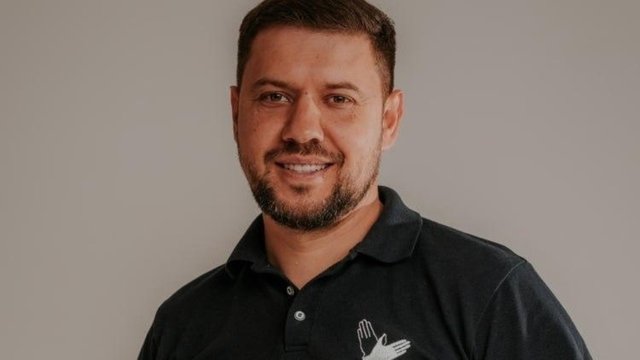Lessons in friendship: what to pay attention to if your child doesn’t start the school year at a desk

Serhii Chubukov, Chairman of the Supervisory Board of the "Peaceful Heaven of Kharkiv" Charitable Foundation
On September 1, thousands of Ukrainian children will gather for school ceremonies, listen to solemn speeches, and take their seats in classrooms. And thousands of others will open their laptops and join online learning platforms. This is especially true in my native Kharkiv.
Much has already been said about how the lack of face-to-face contact with teachers creates an educational gap. But I want to draw attention to another issue.
Maksym from Kharkiv was over three years old but still did not speak. He also had little interest in going anywhere where speaking was required.
His peer Kostia faced the full-scale invasion at the age of four. During the first two years of war, he not only lost the desire to communicate but even developed a fear of conversation: when he saw a crowd, he clung tightly to his mother’s hand.
Myron from the Izium district refused to interact even while evacuated to relatively calm Vinnytsia. The boy was withdrawn and closed off.
These are just three examples of a very dangerous phenomenon called desocialization. COVID-19 and the war have created an entire generation of children who have barely attended school for more than five years. And if a child in Kharkiv is now five or six years old, it is highly likely that they have never been to kindergarten. Their world consists of an apartment, gadgets, and their mother.
When such children enter a room with 10–20 peers, they simply don’t know what to do. They’ve never experienced it before. Naturally, their first reactions are fear, detachment, the desire to withdraw—or even run away.
The problem is that this issue is not always easy to detect. At home, with parents, the child may appear completely fine: talking, showing interest, laughing. Symptoms appear only when the child is placed in a social setting.
That is why I urge parents of “online students” to look for opportunities to socialize their children. One such opportunity is psychosocial support hubs. These are opened by charitable organizations, often with the help of international donors.
Our foundation operates five such hubs: three in Kharkiv and two in Kharkiv Oblast. They are located in basement shelters, so they remain safe during air raids. The hubs are not focused on catching up with the school curriculum but primarily on socialization. We call it “bringing childhood back.”
The children I mentioned—Maksym, Kostia, and Myron—received help in these hubs. It wasn’t easy: desocialized children almost never engage in communication “at the first try.” Progress was achieved thanks to the consistent work of psychologists, speech therapists, and facilitators. Later came art therapy, board and active games, and lessons in playful formats.
Sometimes, a child was allowed simply to “observe” the class without participating. Over time, they grew accustomed to being among peers, and when curiosity took over, they gradually joined games and workshops.
These children often had to be taught subjects that don’t exist in the school curriculum—for example, friendship. A child who has only lived in the family circle simply cannot learn to make friends—they have never had the chance to see peers.
In areas where no hubs are available, mobile psychosocial support teams can travel to children. Such a team usually includes a psychologist, a social worker, and a speech therapist. They provide psychological support, conduct trainings and art therapy, and offer individual consultations for both children and parents.
If you would like to meet such a team, follow the social media pages of charitable organizations. Also, inform your local authorities about your request—the visits of mobile teams often depend on the activity of community leadership.
I wish all Ukrainian parents peaceful skies. And I sincerely hope that by next September, my advice will no longer be needed. But we must prepare our children for peaceful life already today.
